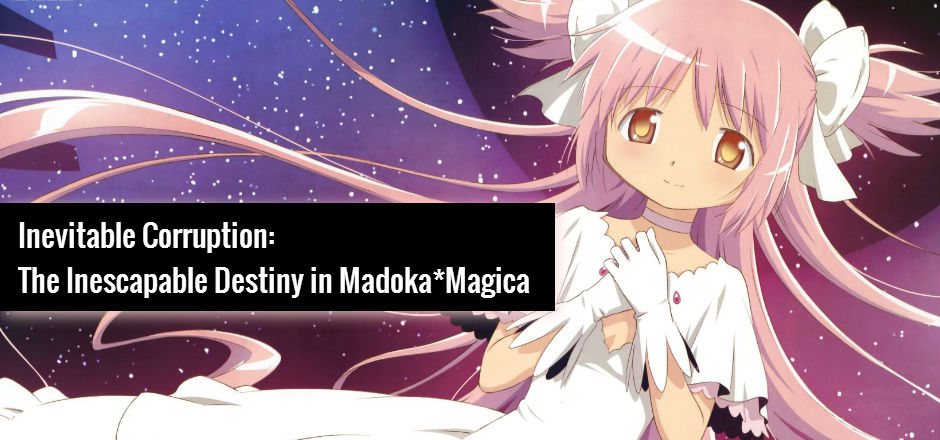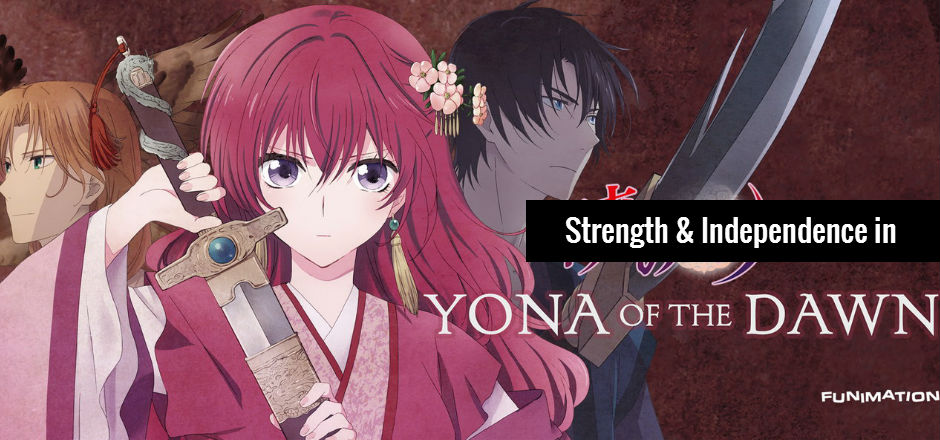One thing most movie blockbusters have in common is the concept of the good ending, the happily ever after, which comes from this idea that, as the hero or heroine of the story, life owes you happiness and you are entitled to certain rewards in exchange for your deeds. The rewards vary depending on the movie genre, but they usually involve recognition, adoration, maybe even vindication for past sufferings.
The most common reward comes in the shape of a person. The one big prize for being the hero or heroine is supposed to be a person with unconditional love who is entirely devoted to you and your happiness.
Spider-Man, Superman, Batman and Ironman – most superheroes, really – may have achieved fame, recognition and admiration, but their real rewards in the end were the love of a woman who steadfastly remained by their sides in spite of the risks. Harry defeated Lord Voldemort and restored peace in the wizarding world, but his reward was a life of tranquility with Ginny. Han Solo dedicated himself to a cause beyond self-interest for the first time and got the love of Princess Leia.
And it certainly goes both ways. Bella got her Edward, Hazel’s reward was loving Augustus in The Fault in Our Stars, and Sex and the City’s Carrie Bradshaw finally snatched and married the elusive love of her life.
The entire concept of being rewarded with “the one” hasn’t only remained a staple of cinema, but has also transcended into reality. As we fall in love with these stories, we see ourselves reflected on these heroes and heroines, and without us even realizing it, we start to wish our lives mirrored their stories, all the way to the happiness they are rewarded with. We feel this sense of entitlement out of life and our happily-ever-afters hinge entirely on the willingness of someone else to love us without restraint, to be willing to sacrifice it all for us and to devote themselves to our happiness, and all because popular movies have us convinced that, for all that we go through in life, we are owed that.
Wanting to be loved isn’t the problem, but as recent terrifying events confirm, there’s a big and dangerous line between someone looking for love and someone feeling owed adoration for no reason, feeling deserving of a beautiful, utterly perfect and devoted lover just because they want it.
The truth is that most blockbuster movies reduce the entire worth of this person to just an item to be owned, a reward to “get.” In most cases, it’s not even about loving that person – it’s about getting that person as your due for achieving something.
In many popular chick flicks – like Pretty Woman, 27 Dresses and Legally Blonde – the leading ladies get the love of a perfect man, but it usually comes after they come to an understanding about their own lives and the ways in which they need to grow.
It’s usually for the better: Vivian realizes in Pretty Woman that she could be better than a prostitute; Jane comes to terms with her inferiority complex with her sister and can finally be more than just a bridesmaid in 27 Dresses; and Elle from Legally Blonde discovers her own potential and realizes that her ex-boyfriend doesn’t deserve her. The romantic interests are a reward from life for a job well done, but they’re also usually the ones that usher in the life-changing epiphanies on the leading ladies in the first place, which diminishes considerably their objectification as just the prize at the end of the journey.
[blocktext align=”right”]Wanting to be loved isn’t the problem, but as recent terrifying events confirm, there’s a big and dangerous line between someone looking for love and someone feeling owed adoration for no reason, feeling deserving of a beautiful, utterly perfect and devoted lover just because they want it.[/blocktext]When it comes to movies addressed to male audiences and the role most women play in them, the dynamic changes drastically, mostly because women are not expected to have an active role in emotionally-stunted storylines of exhilarating action scenes, explosions and little dialogue. What is expected of them is to wait quietly to be rescued, perhaps scream in fear at the camera a couple of times and then reward the hero with absolute devotion and maybe a gratuitous sex scene, like every Jason Statham movie ever.
Take the first Transformers movie and Megan Fox’s role in it. Her character in the first two installments in the franchise served no plot-related purpose whatsoever. She’s there in the first movie only as the astonishingly beautiful reward for the socially-ostracized Shia LaBeouf to receive once he emerged as a hero.
And that’s hardly limited to action movies. Watch every Adam Sandler, Will Ferrell and Jim Carey movie and you’ll notice a pattern that always leads to them “getting” a special, beautiful woman that’s clearly out of their league that’s going to be devoted to them in spite of everything they do.
In fact, in most of their movies, these women are their reward for being heroic or owning up for something stupid they did. These ladies will always eventually forgive them and settle for them because that’s the message Hollywood has become accustomed to sending: you are entitled to a beautiful woman that loves you and will forgive you for everything if you’re a “Nice Guy” in the end.
It’s not even about them managing to win the love of a beautiful woman, which was Seth Rogen’s ranty response when a critic suggested that the trend of throwing beautiful women to comedy stars like him in movies when they don’t deserve them or the continuous sexualization and objectification of women in their films might’ve been influential in the mentality of the shooter in the Isla Vista. It all comes down to the pattern that has made it an obligation to reward these men with gorgeous women for whatever half-decent thing they do in their movies.
The real problem with these movies is that, more often than not, the woman is a blank slate, and the only thing that distinguishes her as special is how gorgeous she is. She’s very little besides the target to be acquired, either literally or romantically. She’s important to the story only in relevance to the main character and the importance he has placed on her.
Teen blockbuster movies like Project X do perhaps the most damage of all because not even one individual woman gets singled out as important – instead, every single one is grouped together and stripped of all their worth as anything else but a willing sexual object to “get” and enjoy, building them up as a rite of passage or a generalized fact of life every men is entitled to experience.
To blame movies entirely would be irresponsible, but it wouldn’t be entirely false. Movie blockbusters condition viewers into thinking they’re entitled to excitement and happiness, and even if our minds accept the reality that maybe we won’t get to ride giant robots or defeat evil overlords or meet creatures of myth, we still want the rest of what they promise: the happily ever after, the adoration and recognition, and the perfect someone devoted to us.
That’s warped our collective cultural idea of how love and relationships work and how they are supposed to develop. We start forming these expectations out of life, out of certain stages and experiences and out of the people around us, and when they don’t happen, we feel cheated, regardless of the area in the social spectrum that we belong to. And it has nothing to do with not being able to discern life from fiction, real from not real, and all to do with feeling owed for being decent, “nice” people.
Fiction has bled into our realities and stained the way we see ourselves, the world, the people in it and what they are supposed to be for us. And that’s where the problem is, not in the line between fiction and reality, but in the way we’ve learned to see reality through the lens of fiction.
Lorraine Acevedo Franqui writes for Girl In Capes from Puerto Rico and holds degrees in English Literature and Psychology. Her main interests are young adult lit, anything related to The Legend of Zelda and Kingdom Hearts, assorted shounen mangas and cats.





